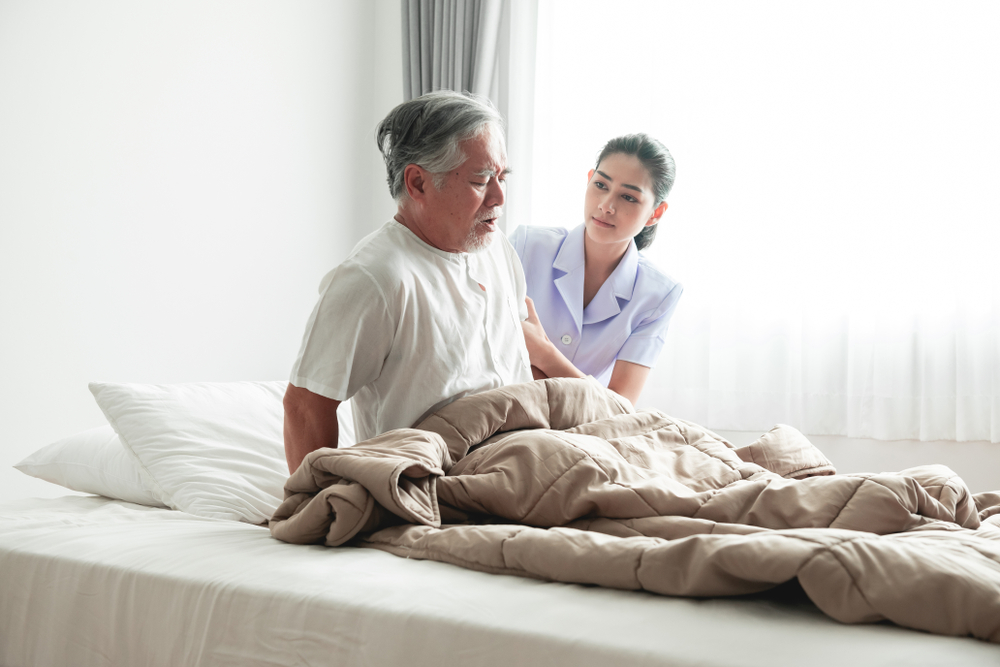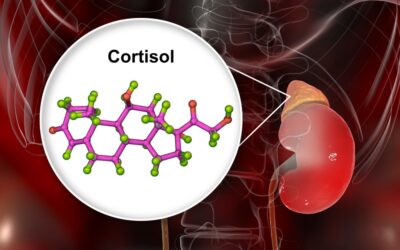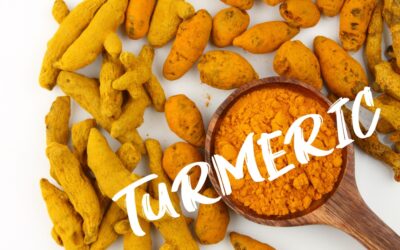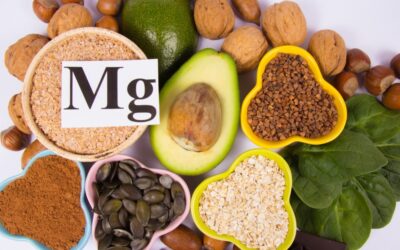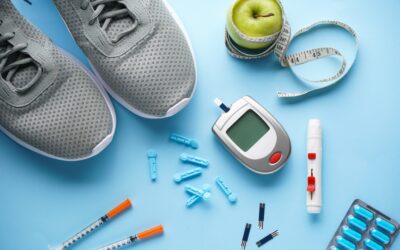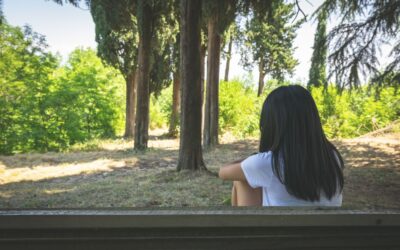Many have a hard time falling asleep or achieving restful sleep after experiencing a stroke. If you or someone you care about has experienced one, there are ways to get to sleep faster and sleep more soundly.
In this article, we’ll review the types of sleep disorders and issues that can arise after a stroke and enumerate some treatments that may help.
Sleep Disorders and Stroke Survivors
In 2010, the American Heart Association (AHA) developed and publicized risk factors for cardiovascular health and stroke called “Life’s Simple 7.” In their list, they included the consumption of tobacco, diet, blood pressure, physical activity, body weight, cholesterol, and blood sugar levels.
The list, however, failed to include sleep disorders like sleep apnea as well as irregular and excessive sleep patterns as part of routine tests for patients who experienced a stroke. Since many survivors experience problems with sleeping after their strokes, the AHA agrees that sleep should be added as a metric to existing cardiovascular tests. This addition can help identify patients who are at risk for heart problems while helping stroke survivors sleep better after the incident.
We dive into the most common sleep disorders in stroke patients and how they affect survivors.
Insomnia
While some stroke survivors experience excessive sleep after stroke, others have trouble falling asleep or maintaining an uninterrupted sleep cycle. Insomnia after a stroke can be caused by stress, depression, brain damage, or certain heart medications. Stroke survivors who experience disrupted sleep, insomnia, nightmares, waking up too early, or crippling cramps while sleeping should speak to their doctor if clonidine, beta-blockers, or diuretics have been prescribed for hypertension.
It’s important to further investigate this since a continued lack of restful sleep can increase the risk of another stroke. Getting enough sleep after a stroke is essential to support neurogenesis, the formation of new neurons that heals the brain after an episode.
Doctors can suggest alternative medicines as part of post-stroke insomnia treatment. Other options include the following:
- Sleeping in a quiet room with no light (use light-blocking curtains and keep your phone on do-not-disturb mode during sleep)
- Cognitive-behavioral therapy (CBT) may help to lessen the severity of insomnia
- Certain antidepressants such as Zolpidem and Mianserin may encourage better sleep in insomniacs with fewer negative effects on cognitive and motor skills
- Stroke patients should evaluate the risk of consuming hypnotics or psychoactive drugs such as benzodiazepines, which are known to increase the risk of falls and erratic behavior
Excessive Daytime Sleepiness
As important as sleep is for the recovery of stroke patients, many individuals experience excessive daytime sleepiness (EDS). Deep sleep after stroke is normal since the brain is struggling to recover from an episode. However, if you continue to experience EDS months after a stroke, it’s best to speak to your doctor about prescribing stimulant medication to balance EDS.
The following conditions can worsen EDS:
- Reverse Robin Hood Syndrome: This syndrome is a biological process that occurs in the brain when it tries to redirect blood from the affected parts of the brain to non-damaged parts.
- Sleep Apnea: This condition disrupts breathing patterns and can lead to choking, gasping, and loud snoring during sleep. It can also stop a person from breathing for several minutes, obstructing the body’s ability to receive adequate oxygen.
- Depression: For stroke patients, depression can have a debilitating effect on sleep, causing severe drowsiness and fatigue during the day.
Sleep-Wake Cycle Disorder
This disorder affects the 24-hour sleep-wake pattern of a person. For most, the goal is to get at least 8 hours of rest at night and staying awake for 16 hours during the day. The body controls this cycle through its circadian rhythm and its natural ability to maintain sleep homeostasis (when the drive to sleep increases).
Since we’ve developed the habit of remaining awake in the day and asleep at night, it turns into a routine that the body depends on. For stroke patients, the sleep cycle can significantly change. Individuals who have suffered an episode tend to sleep at odd hours and aren’t able to stay awake for long during the day.
How To Improve Sleep After a Stroke
After a stroke, there are ways to improve sleep. These strategies can be practiced simultaneously with a doctor’s prescribed medication and post-stroke therapy. Here are some methods you can try:
- If you suffer from sleep apnea, speak to your doctor about using a C-PAP (continuous positive airway pressure) machine. The machine blows air continuously through a mask, which is worn while you sleep. It is comfortable enough to wear all night and will help your body get adequate oxygen as you rest.
- For those who suffer from sleep-wake cycle syndrome, 30 minutes of bright light therapy daily can help realign your inner clock. Sit in a room with plenty of sunlight, facing the window if you can. Sip on water or tea and allow your body to get accustomed to this daily habit.
- If you have trouble sleeping, talk to your doctor about taking melatonin supplements. Your doctor can recommend whether or not they’re ideal for you based on your medical condition and history as well as the medication you’re taking.
Melatonin is a natural substance that the pineal gland in the brain releases to regulate sleep-wake cycles. Taking it as a supplement can help insomniacs and those who suffer from sleep-wake cycle syndrome.
- Engage in moderate exercise every day to improve cognitive function and mobility.
- If you live in a noisy neighborhood, invest in noise-canceling headphones or a white noise machine for uninterrupted sleep.
- Avoid looking at the TV or your phone an hour before bedtime. Instead, take a warm bath to help relax you.
- Avoid eating a heavy meal right before bedtime to avoid issues such as heartburn, acid reflux, and indigestion. You should ideally consume dinner 3 hours before sleeping.
- During warmer months, your room should be well-ventilated and cool enough to encourage sleep. For colder months, turn on the heater and wear thicker nightwear for better sleep.
- Avoid eating in bed and watching TV. It’s best to have a space dedicated for sleep.
- Drink chamomile or passionflower tea (they contain apigenin, an antioxidant that can help induce sleep) 30 minutes before bedtime.
Conclusion
A stroke can leave you anxious, distraught, and unable to get a good night’s sleep. Sleep patterns can change drastically but there are ways to counteract restless nights with the right medication, therapy, and lifestyle changes.
By first understanding which sleep disorder is prevalent, a doctor can prescribe the best course of action. The above strategies will eventually help improve sleep after a stroke in combination with professional guidance.
Other articles you might like:
Exploring the Connection Between Cortisol, Stress, and Overall Health
The “Longevity” game is not about living long, but living “well”. And the hidden player calling the shots might be cortisol, aka the stress hormone. As stress permeates our lives, its effects on our overall health become increasingly apparent. In this article we will...
Polyphenols: Health Benefits and Food Sources
I have long believed that a diet of fruits, vegetables, and seeds had a positive impact on overall health. A great example are studies looking at people who eat a Mediterranean diet (diet with a high concentration of fruits, vegetables and legumes). The reason might...
The Bleeding Edge: Film Review
We now live in an era where there is a medical device for most problems. Case and point, we can now replace a “degenerating hip”, fix a “dysfunctional heart”, prevent an unwanted pregnancy, “lift” a falling organ, drain unnecessary fluid from the central nervous...
Antioxidants: A beginners guide to understanding these powerful chemicals
Cardiovascular disease and cancer are responsible for 44% of deaths in the US. 6.2 million Americans are living with Alzheimer’s disease and nearly 1 million with Parkinson’s disease. All of these diseases have one thing in common, oxidative stress. But there is...
Turmeric: Health Benefits and Food Sources
There is a growing interest in people wanting to take control of their health and “longevity”. With this in mind, curiosity is growing surrounding the best “diet” for overall health and disease prevention. And of course, the jury is still out on whether or not there...
What sugar really does in the body
Is sugar really "bad"? I know most of us have been told that this is the evil of all evils when it comes to "health". But not so fast. Not all sugar is created equal. Sugar is one "type" of carbohydrate. And yes, some carbohydrates might not be optimal in some...
A Guide to Magnesium: The Mineral That Can Do a 180 on Your Health
Magnesium is an essential nutrient required to maintain overall health. However, nearly half of Americans don’t meet daily magnesium intake recommendations. Magnesium deficiency is associated with several diseases. It is vital to ensure your food intake boosts the...
Managing Stress with Diabetes Made Easy: Tips That Tip the Scale in Your Favor
Over 537 million people around the world live with diabetes. The condition affects a whopping 10.5% of the adult population, and there’s no denying how difficult it can be to manage it. One day, you’re living life to the fullest—eating your favorite cake, regularly...
Mindfulness: Health Benefits and Getting Started
Understanding Mindfulness, Its Benefits, and How To Get Started Mindfulness. We hear this word so often that it’s easy to dismiss it as the latest New Age fad. But before dispensing with the idea altogether, consider that mindfulness-based cognitive therapy has been...
The Minimalist: Less Is Now Review
In a world overwhelmed by the ceaseless noise of consumerism and material excess, there is a growing trend of people transitioning toward the perceived gateway to profound well-being. Minimalism, is fast becoming an appealing lifestyle that adopters believe has some...

